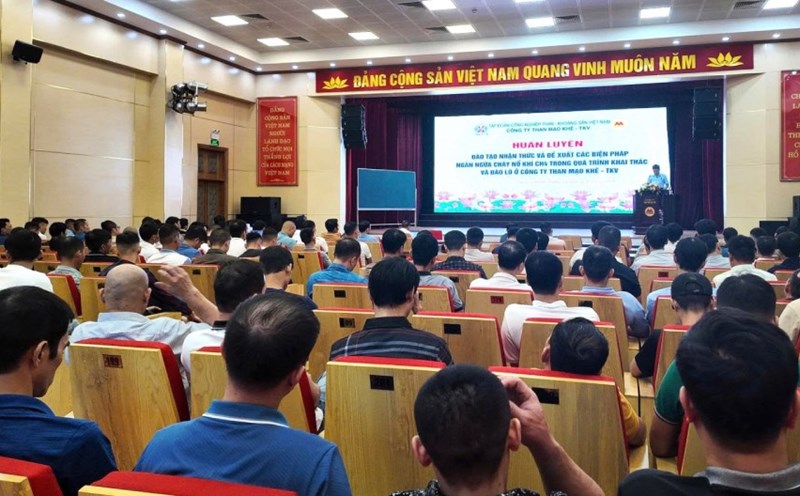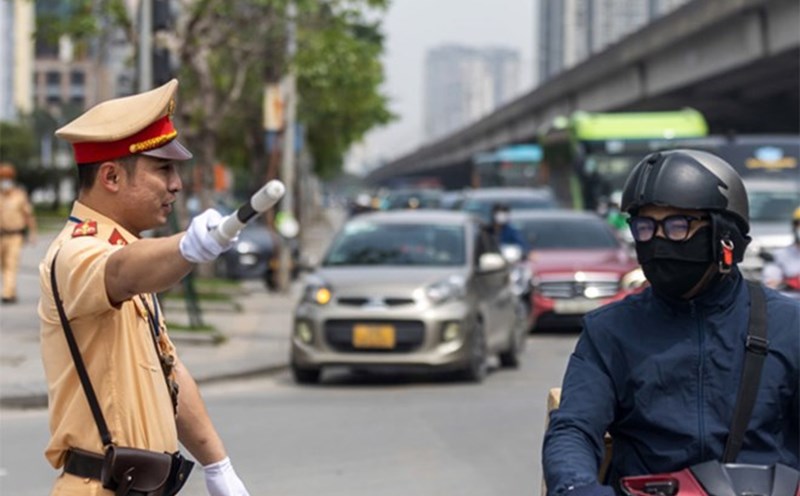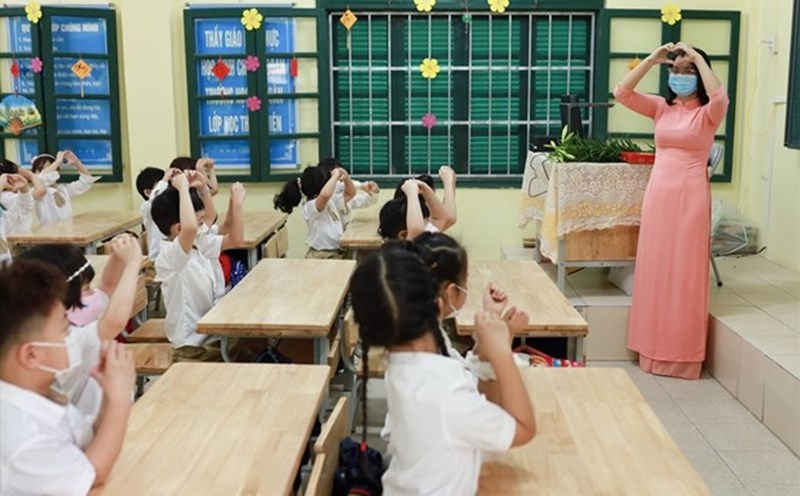Accordingly, Singapore's Minister of Home Affairs - Goh Pei Ming, said that Singapore has issued the first directive under the Law on Online Crime Prevention (OCHA), requiring Meta to apply measures to prevent impersonation fraud on Facebook, according to CNA.
Mr. Goh Pei Ming announced this information on September 3, within the framework of the 2025 Asian Global Anti-Fraud Summit, organized by the Global Anti-Fraud Alliance (GASA) in Singapore.
Meta will have to deal with fake ads, accounts, records, and pages of government officials.
Mr. Goh Pei Ming also emphasized: We gave a directive to Meta because Facebook is currently the platform that criminals take advantage of the most to impersonate. The police have determined that more drastic measures are needed to stop this situation".
It is known that in the first half of 2025 alone, the number of cases of fraud impersonating state agencies in Singapore reached more than 1,760 cases, an increase of 200% over the same period last year.
The losses from these scams also increased by 90% compared to the previous year, to about 126 million Singapore dollars (97 million USD). On average, each case causes victims to lose about 72,000 Singapore dollars.
For many, it is all the savings of a lifetime, even ruining their retirement plans, the Singaporean Minister of Home Affairs added.
In August 2025, the Singaporean Ministry of Home Affairs said that more than a third of e-commerce scams in 2024 occurred on the Facebook platform. At the same time, Facebook Marketplace is also considered the weakest among the six e-commerce platforms in terms of anti-fraud measures implemented.
If Meta does not comply with the instructions of Singapore authorities, this "technology king" could be fined up to 1 million Singapore dollars (about 777,000 USD). However, the Singaporean Minister of Home Affairs affirmed that the government of this country will closely coordinate with Meta in many anti-fraud initiatives with the Ministry of Home Affairs and the police force.
This new Directive is part of Singapore's comprehensive anti-fraud strategy, based on four pillars: prevention - detection - suppression - community education. The Singaporean government will continue to review the effectiveness of anti-fraud requirements imposed on online platforms.
In addition, the Singaporean Minister of Home Affairs warned that TikTok scams are on the rise, with the number of cases in 2024 increasing by 240% compared to 2023.
In response to this reflection, Meta's representative said that the company has built specialized systems to detect fake accounts, including facial recognition technology. Meta has also invested heavily to improve the capacity of specialized groups to detect and handle fraud.
In addition, the platform regularly shares tips on preventing fraud and provides tools for users to report violations. Meta also emphasized that it will continue to coordinate with law enforcement agencies and take legal action against those behind the scams.











